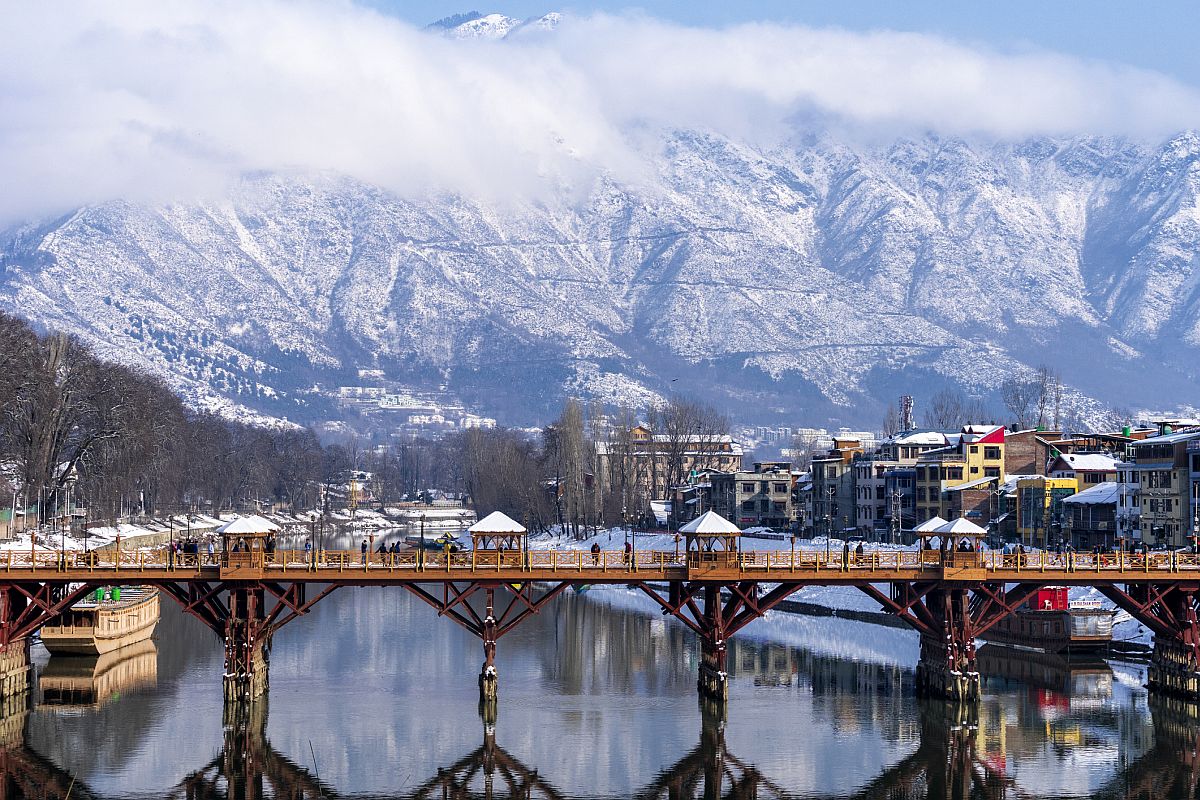PDP leader Iltija initiates signature campaign for alcohol ban in J&K
The campaign supports a bill proposed in the Assembly by PDP MLA Mir Mohammad Fayaz, seeking a complete ban on alcohol in the union territory (UT).
The government has ordered BDOs to function as administrators of all the 4,892 panchayats whose term ended on 9 January.

Representational image (Photo: iStock)
With the government giving control of all panchayats to the respective block development officers (BDOs), the bureaucracy will now run the affairs of the grassroots democratic institutions also across Jammu and Kashmir.
The government has ordered BDOs to function as administrators of all the 4,892 panchayats whose term ended on 9 January. The orders of the government came on Wednesday evening.
Advertisement
The term of the elected bodies in J&K has expired one by one and fresh elections are nowhere in sight as a result of which the bureaucracy was running the show with frequent complaints of their disconnect with the common people.
Advertisement
The last elections for the assembly were held nine years ago in 2014 when a PDP-BJP coalition government was formed. However, the government collapsed in 2018 after the BJP withdrew support to Mehbooba Mufti and J&K was put under Central rule. Fresh elections for the assembly are due since 2019.
Consequent to abrogation of the Special Status of J&K (Article 370), the Legislative Council (upper house) was abolished under the Reorganisation Act as a result of which the MLCs, who during the earlier Central rule periods would also function as representatives of people, have ceased to exist.
In the absence of an elected government, Panchayats (elected local bodies) were the only democratic institutions functional in the region. With this development, end has also come for the 316 Block Development Councils, which were the middle unit of the three-tier Panchayati Raj system.
However, the District Development Councils (Zilla Parishads) that were introduced in J&K in October 2020 after the abrogation of Article 370, will continue to function for another two years. But their existence will not matter much in the absence of panchayats and BDCs.
Earlier, the term of both the elected municipal corporations in twin capital cities of Jammu and Srinagar ended in November last and now their affairs were being administered by the respective commissioners who are bureaucrats. The last elections for the two municipal corporations were held after a gap of 13 years.
A ray of hope has come for the people after the Supreme Court recently passed the directions to hold Assembly elections in J&K by 30 September 2024, while upholding the Central government’s decision to abrogate Article 370.
The Jammu and Kashmir State Election Commission has announced revision of electoral rolls which will be published by 26 February. It will be followed by a delimitation of Panchayats and reservation of seats for OBCs.
Lt Governor Manoj Sinha had recently said fresh elections for local bodies will be held after delimitation and reservation of seats for OBCs.
All Jammu Kashmir Panchayat Conference (AJKPC) President Anil Sharma, said “J&K has been without an elected government for more than five years and there are no urban local bodies either and with the expiry of the Panchayats’ term, the last remaining institutions of democracy in Jammu and Kashmir have been vacated”.
Alleging that ”democracy was being murdered in Jammu and Kashmir”, National Conference (NC) leader and former chief minister Omar Abdullah said, “Election Commission should hang its head in shame” as the call on elections was being taken by the Supreme Court.
Advertisement